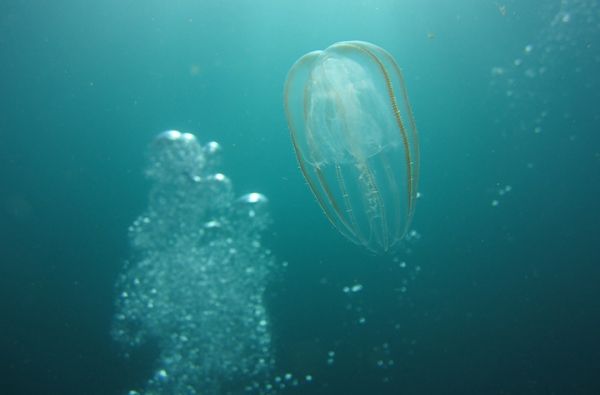Cold ocean waters, the sort that gives relief to beachgoers in the heat of summer, may be corroding coastal ecosystems according to new research from Southern Cross University.
This is because upwelling events – when cold water is forced up from the deep ocean floor –along the East Australian coast (caused by the East Australian Current (EAC)) are accompanied by increasing levels of carbon dioxide which leads to ocean acidification.
On the other side of the Pacific Ocean, in the Californian and Peruvian systems, such upwelling events are accompanied by significant drops in seawater oxygen saturation and pH. Lower pH levels lead to conditions where upwelling waters become corrosive to the mineral aragonite, a vital building block of a number of marine organisms, including corals, snails, mussels and oysters. So, what’s the situation back home in Australia?
Southern Cross University’s Centre for Coastal Biogeochemistry research team, led by oceanographer Dr Kai Schulz, based themselves in the Cape Byron Marine Park off Byron Bay for four months to investigate the chemical properties of deep-water being upwelled off the Australian mainland’s most easterly point.
Continue reading at Southern Cross University
Image via Southern Cross University


